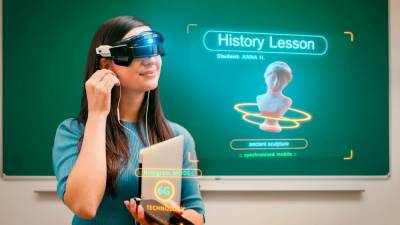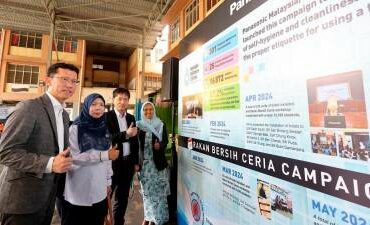ACADEMIC integrity is under scrutiny in light of the introduction of ChatGPT and other generative artificial intelligence tools into the educational space. Although many of them feel overpowered by the introduction of this technology into the classroom, teachers are at the forefront of this revolution.
According to a recent Oxford University Press survey of 1,280 educators across several nations, including the UK, the UAE, Spain, and Australia, 49% of teachers do not feel adequately prepared for the impact of AI in education.
Teachers complain about inadequate training, but they know students are using generative AI in the classroom. To be exact, 54% of educators polled believe that their students are using the program to complete their homework.
Teachers are divided about this unsupervised use of technology. While some believe it should be used as a valuable teaching tool, others worry that students will become dependent on it for academic purposes.
If utilised appropriately, this integration necessitates thoughtful consideration. It is important to teach kids and teens how to use generative AI effectively and that it is an additional source of information rather than a secret to getting good grades.
Educators should be encouraged to use such technology in classrooms as this can mentor students in a future where artificial intelligence (AI) may become a commonplace.
After all, there’s every reason to think that AI will be used by the younger generation outside of the classroom, in their daily lives as well. Many think that this technology will completely change the nature of work, making some professions obsolete because it can automate every task.
Therefore, it is crucial to get tomorrow’s workforce ready for this evolution before they even step foot in the workforce.
Teachers believe that this isn’t the case right now, though.
According to the survey respondents, current curricula and teaching methodologies prepare students for an AI-filled future with a score of five out of ten.









